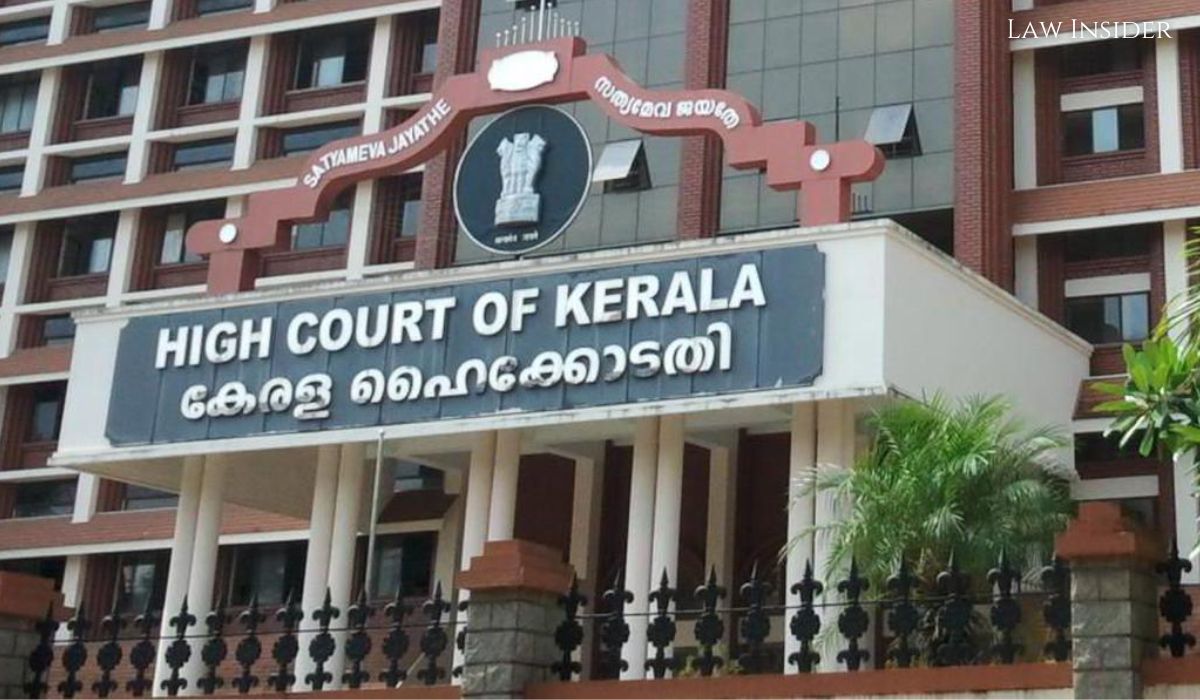LI Network
Published on: February 15, 2024 at 17:35 IST
The Kerala High Court has asserted that insurance clauses aiming to exclude claims for deaths resulting from self-injury or disablement caused by alcohol consumption cannot be labeled as arbitrary or capricious.
The case involved a widow who sought insurance coverage for the accidental drowning death of her husband. The insurance claim was denied on the grounds that the deceased was under the influence of alcohol at the time of the incident.
The Court, while rejecting the claim under the Group Personal Accident Insurance Scheme, emphasized that the clause in question was not arbitrary but served the purpose of preventing individuals from intentionally causing harm to themselves or becoming disabled solely for insurance coverage.
Justice Devan Ramachandran stated, “The said clause cannot be found to be capricious because it is intended to avoid any temptation from any person to cause self-injury or disablement, solely for the purpose of the cover of insurance.”
The petitioner argued that the cause of death was drowning and that attributing it to the influence of alcohol was unjustified. However, the Government Pleader contended that the insurance scheme aimed to cover deaths beyond human intervention and specified that compensation would not be provided for incidents involving intentional self-injury, suicide, or accidents under the influence of intoxicants.
The Court, relying on a chemical analysis report, confirmed that the deceased had consumed a significant amount of alcohol, indicating heavy indulgence rather than casual drinking. It further noted the presence of a protective wall around the well, making it unlikely for a person to fall in unless intoxicated or subjected to external force.
Concluding that the death occurred due to the victim’s inability to control himself while in an inebriated state, the Court upheld the insurance clause, stating that it was designed to prevent individuals from exploiting the scheme after sustaining injuries or disablement under the influence of alcohol.
The ruling leaves the door open for similar issues to be decided in future cases.

